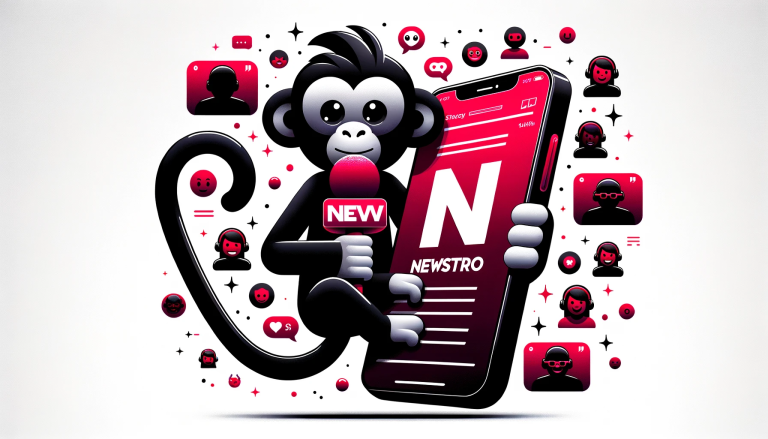Following Elon Musk’s acquisition of Twitter, NPR made the decision to leave the platform after being labeled as “U.S. state-affiliated media.” This move highlights the changing landscape of social media and its impact on news organizations.
Quick Facts
- Twitter’s Transition: Since Elon Musk’s purchase, Twitter has undergone significant changes, including moderation cutbacks, server unplugging, and account reinstatements, leading to a decline in user experience.
- NPR’s Departure: After being labeled as “U.S. state-affiliated media” by Twitter, NPR ceased its postings on April 4, directing users to other platforms and newsletters.
- Impact on Traffic: Despite leaving Twitter, NPR’s traffic only dropped by a single percentage point, indicating a minimal reliance on the platform for web traffic.
Twitter has long been a platform where individuals and organizations could voice their opinions, share news, and engage with audiences. However, since Elon Musk’s acquisition of the platform, a series of changes have led to a decline in user satisfaction. Among the notable departures from the platform is NPR, which decided to leave after being labeled as “U.S. state-affiliated media,” a designation that contradicted Twitter’s own definition.
Following its departure, NPR shifted its focus to other platforms, such as Instagram and Threads, a new app by Instagram. The move was not just about web traffic; it was also about building reputation, credibility, and engaging in meaningful conversations. While Twitter was once an essential tool for news outlets, especially during events like protests, its significance has waned. Platforms like Instagram, where engagement is more about sharing information within the app, have become more appealing to news organizations.
As social media platforms evolve, news organizations are re-evaluating their strategies. The emphasis is shifting from merely driving clicks to building genuine engagement and connections with audiences. While social media was once seen as a primary source of web traffic, the changing dynamics, especially on platforms like Twitter, have led organizations like NPR to pivot their strategies, focusing more on audience engagement and less on click-through rates.
| For Further Reading |
|---|
| Elon Musk’s Impact on Twitter: Elon Musk’s acquisition of Twitter brought about a series of changes to the platform, from moderation policies to technical adjustments. These changes have influenced the user experience and led to debates about the platform’s direction. Musk’s influence on Twitter has been both praised and criticized, with many users and organizations re-evaluating their presence on the platform. For a deeper understanding of Elon Musk’s influence on tech and social media, refer to his Wikipedia page. |
Q&A
Why did NPR leave Twitter?
NPR decided to leave Twitter after the platform labeled them as “U.S. state-affiliated media,” a designation that was inconsistent with Twitter’s own definition of the term.
Has NPR’s web traffic been affected since leaving Twitter?
Surprisingly, NPR’s web traffic only dropped by a single percentage point after leaving Twitter, indicating that their reliance on the platform for web traffic was minimal.
Where has NPR shifted its focus after leaving Twitter?
NPR has shifted its focus to other social media platforms, particularly Instagram and Threads, a new app by Instagram. They aim to build genuine engagement and connections with their audience on these platforms.
Source: DNYUZ


